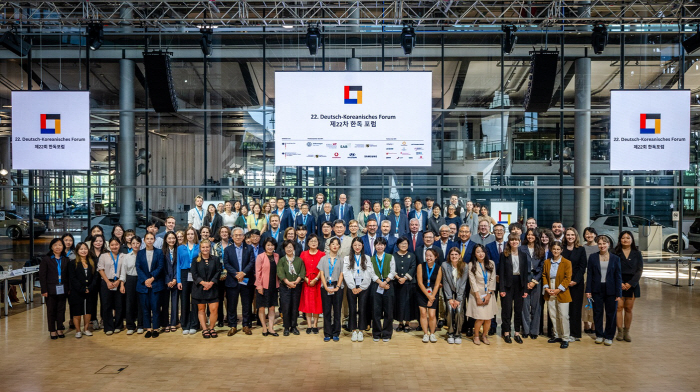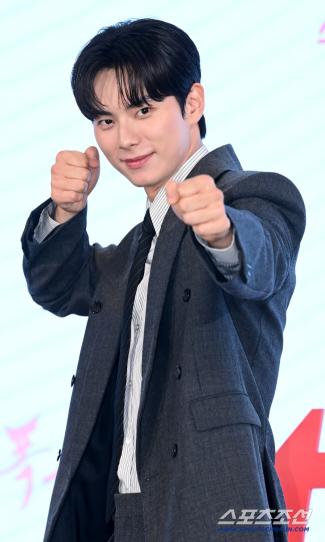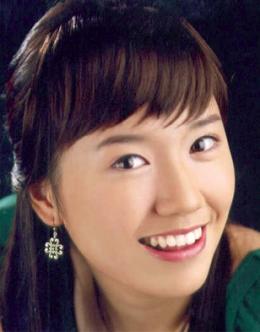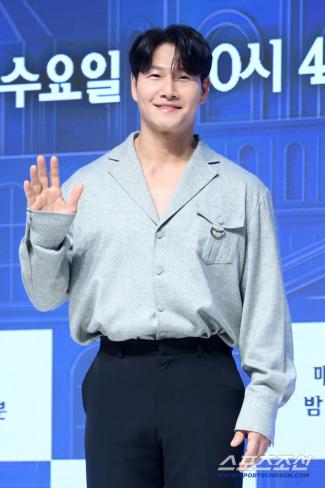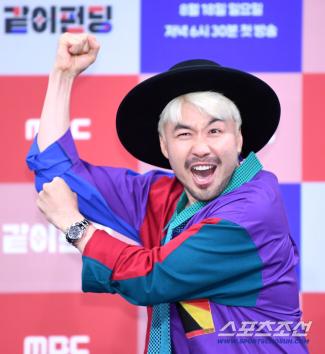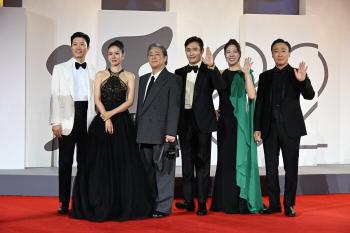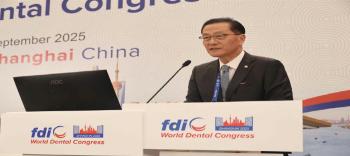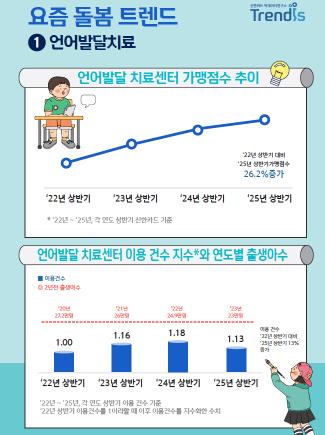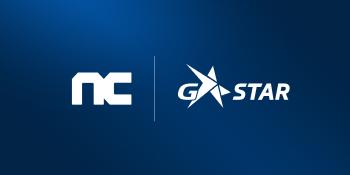The 23rd Korea-Germany Forum will be held in Seoul from the 11th to the 12th
Sep 08, 2025
|
The Korea-Germany Forum is a private permanent conference involving prominent figures in politics, economy, culture, and education from both Korea and Germany, and was launched in 2002 following the visit of German Federal President Johannes Rau. It is held annually between Korea and Germany for the purpose of promoting broad and continuous dialogue between the two countries at the private level.
The Korea-Germany Forum, which will be held in Seoul, will be attended by KF Chairman Kim Ki-hwan and Korea-Germany Association Chairman Kim Young-jin, former Foreign Minister Park Jin, Korean Ambassador to Germany Lim Sang-beom, President of the Korea-German Friendship Association Choo Mi-ae (Democratic Party of Korea), Rep. Kim Hee-jung (Power of the People), and Rep. Kim Young-bae (Democratic Party of Korea). On the German side, Martin Dulich, co-chair of the German Forum (a member of Saxony, Germany), Heike Baehrens, a former member of the German Federal Assembly (president of the German Parliament Friendship Association), Joern Bei ß, acting as German ambassador to Korea, and Rolf Mafael, president of the German Association (former ambassador to Korea), will attend. The results of the discussion of the Korea-German Forum are delivered to the two governments and related organizations in the form of policy proposals.
The forum will strengthen strategic partnerships between Korea and Germany in the rapidly changing international situation and seek ways to cooperate on global challenges such as AI and climate change. The forum consists of three keynote sessions, three sub-sessions, and a special session.
On the first day, a keynote session and a sub-session will be held at Grand Intercontinental Seoul Parnas. The keynote session ▲ Political, economic and social status related to cooperation measures between Korea and Germany ▲ Strategic partnership between Korea and Germany in response to geopolitical crises and global challenges ▲ Economic and trade relations and economic security between Korea and Germany are covered. In particular, key agendas include responding to changes in the international order in the second Trump era, multilateral security cooperation with NATO and Indo-Pacific partners, measures to respond to new protectionism, growth strategies and new industrial policies to overcome the low-growth economy.
The sub-session will discuss ▲ ways to cooperate with Korea in key and emerging technologies such as AI ▲ challenges for climate and energy transition and ways to cooperate with Korea ▲ new challenges caused by socio-cultural changes. It discusses a wide range of AI-related topics, including AI humanoid robotics, AI-based aerospace, climate research, biomedical technology, and topics related to Generative AI and socio-culturalism. It will also discuss specific cooperation measures for bilateral cooperation in response to energy supply chain volatility and securing mineral resources and raw materials, as well as the status of multiculturalism and social integration tasks due to the influx of immigrant populations amid the aging and low birth rate crisis.
On the second day, a special session held at LG Science Park under the theme of 'AI Korean Company Session' sheds light on the achievements of AI innovation by Korean companies and the possibility of cooperation with Germany. Major figures from Korean AI-related companies such as LG, KT, and Naver will participate to discuss in-depth the current status of the AI industry and ways to cooperate.
Meanwhile, the 13th Korea-Germany Junior Forum" will also be held jointly organized by the KF, the Korea German Network (ADeKo), and the German Forum. The Junior Forum has been promoted with the Korea-Germany Forum every year since 2011 to expand the scope of dialogue between the two countries for young people under the age of 35. A total of 50 people will participate in the Junior Forum, including 25 young Koreans and Germany. Young people from both countries will discuss ▲ workers' rights ▲ digital transformation ▲ population change ▲ geopolitical crisis ▲ political polarization and present the results at the Korea-German Forum.
This article was translated by Naver AI translator.
